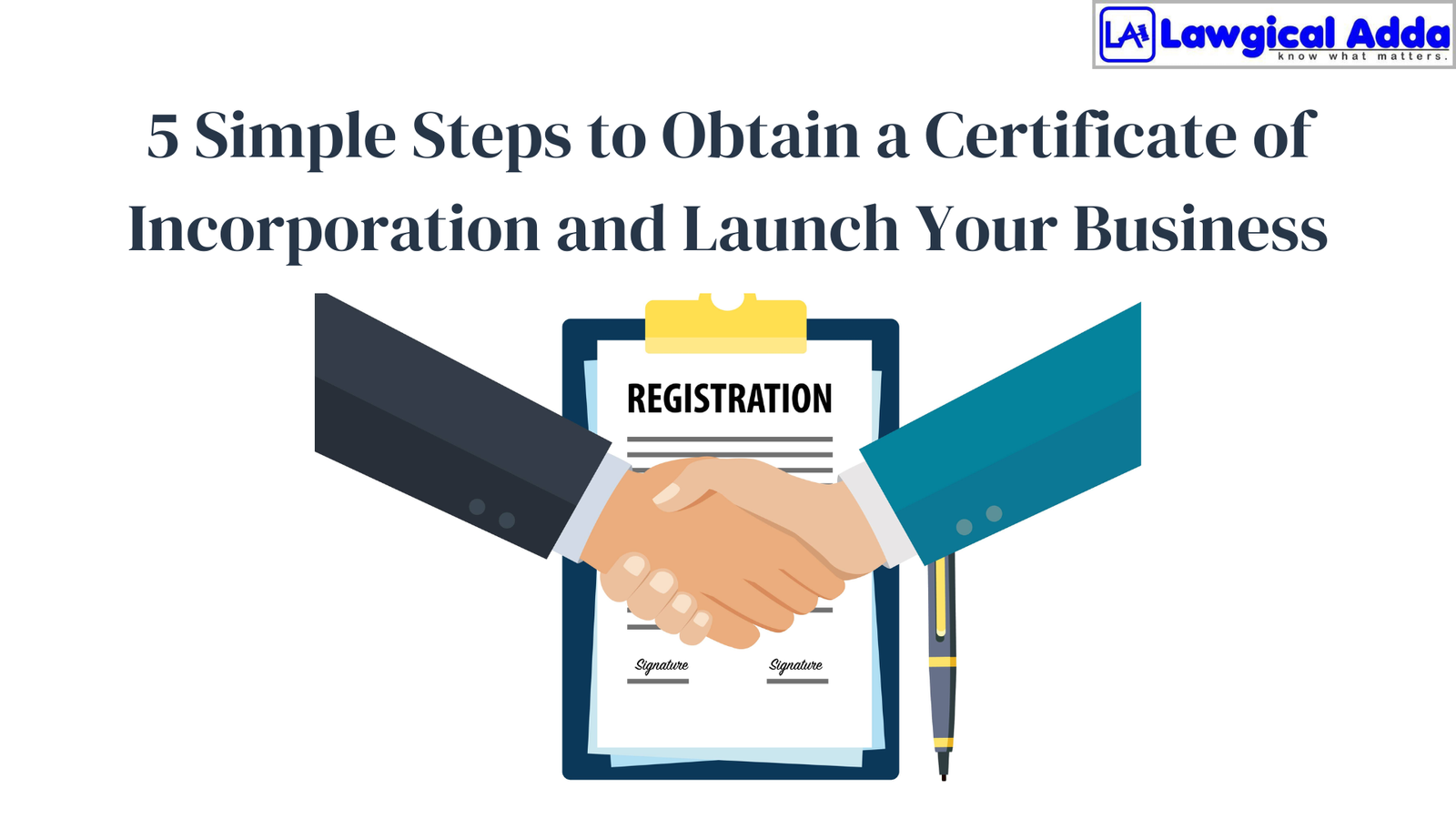9 Features of Private Limited Company

Table of Contents
An organization created in secret by a certain set of people is known as a private limited company. It is against the business policy for shareholders to engage in open share trading. A private limited business is prohibited from producing a prospectus to invite the public to subscribe for shares, in contrast to public firms.
Types of Private Limited Company
In India, a private limited company falls into one of the following two categories:
Company limited by shares
In this scenario, a member’s liability is capped by the outstanding balance of the shares he owns. This unpaid sum may be demanded at any point throughout the business’s existence or during its liquidation.
Company limited by guarantee
In this case, a member’s liability is capped to the amount of the guarantee he has given. Only during the liquidation process may this sum be requested.
Features and Qualities of Indian Private Limited Companies
One of the main justifications for firms choosing a Private Limited company’s limited liability. Members’ liability is restricted by this provision to the amount of shares they own. This implies that the personal assets of the members cannot be used to settle any outstanding debts in the event of a financial catastrophe. Nevertheless, the debts may be settled using their stake in the aforementioned Company.
Independent Legal Existence:
From a legal standpoint, a Private Limited Company is considered an independent legal body. It can thus have its own possessions, obligations, and debts. A Private Limited Company is able to transact business under its own name and purchase and sell real estate.
It is able to transact business and purchase and sell real estate under its own name. Compared to a sole proprietorship, where the business and owner are viewed as one, there is a huge disparity.
Perpetual succession
A Private Limited Company that has perpetual succession is able to continue operating indefinitely. Until it is formally dissolved, a private limited company is immune to the death, incapacity, or insolvency of any of its members and is free to carry on with business as normal.
Number of Members
A Private Limited Company must be formed with a minimum of two members, per legal requirements. Additionally, the maximum number of members is limited at 200.
Minimum paid-up capital
A minimum paid-up capital of ₹ 1 lakh was previously required to incorporate a corporation; however, that condition was repealed in a 2015 modification. There isn’t yet a minimum paid-up capital requirement.
Minimum of two directors
A private business is required to have a minimum of two directors. A private firm is limited to fifteen directors. However, the company can call a general meeting and approve a special resolution—which requires a majority vote of more than 75%—if it wishes to add more directors than the current 15, as there are already 15.
Private Limited Company Securities
A private firm may issue securities to directors, workers, family, and promoters. But issuing securities to the general public is prohibited.
Transferability of Shares
Participants in a company are permitted to transfer their shares to other participants, but not to those who are not participants in the company.
Small Business
According to section 2(85), a private company is classified as a SMALL COMPANY if its paid-up capital does not exceed ₹ 50 lakhs and its turnover, as shown in the profit and loss account of the previous financial year, does not exceed ₹ 2 crores.
Penalty for less than two members
Should the number of members fall below two at any stage during the company’s existence, the existing members or the company itself must designate the new member(s) within six months. If there are intentionally more than six months without doing so and there are fewer than two members, there will be legal repercussions.
There are several advantages that the government provides to a Private Limited Company. The best type of business structure is a private limited company if you wish to give your employees an employee stock purchase plan (ESOP) or plan to raise cash from outside sources. For a company that is focused on long-term market expansion, it is the ideal choice.
This business structure has advantages and disadvantages just like any other. The choice of business structure should ultimately be guided by your business goal. However, for a better result, we would advise speaking with an expert to obtain a thorough analysis of the situation.







